Power & Anxiety: Religion & Conflict in the Middle East
From the Winter print edition
John KelsayMay 20, 2016
Ministers Say Kurdistan Struggling to Pay Peshmerga
The KRG’s Karim Sinjari insists few Peshmerga fighters have deserted but warns there may be more desertions if Kurdistan cannot pay them.
Mark MeltonApril 15, 2016
A Human Picture of Assyria
Juliana Taimoorazy gave an impromptu speech that painted a human picture of Assyria for those in the audience.
Juliana TaimoorazyApril 13, 2016
Soft Power and Preparing for an Iraq after ISIS
On April 2 at Providence’s “Islam, the Middle East, and Christian Engagement with the Middle East” event in Middleburg, Virginia, Chris Seiple spoke about how Americans and Christians could use soft power to engage with various communities.
Chris SeipleApril 11, 2016
Damned if you Do, Damned if you Don’t: Obama Doctrine Revised
Obama and Bush demonstrate the dangers of overly aggressive and overly passive foreign policies, but they share something in common: a deeply moral vision of America’s role in the world.
Daniel StrandMarch 29, 2016
From ‘Never Again’ to ‘Never Mind’
President Obama lectured, “‘Never again’ is a challenge to defend the fundamental right of free people and free nations to exist in peace and security.” Perhaps “never mind” is more apt.
Alan DowdMarch 7, 2016
Redraw the Map: A Christian Call for Middle East Peace
Terry Ascott’s solution for the Middle East tramples over one of the region’s most sacred cows: Redraw the map.
Jayson CasperMarch 4, 2016
Erasing Christianity in the Middle East
The Marrakesh Declaration is a good—albeit late—start. Political and religious leaders in the Middle East’s Muslim-majority nations have much ground to cover to protect religious minorities. Shiites are targeted in Sunni-majority nations, Sunnis in Shiite-majority nations, and Christians virtually everywhere in the Middle East.
Alan DowdFebruary 17, 2016
Russian Orthodox Church’s Flawed Syria Policy
Vladimir Putin and the Russian Orthodox Church clearly have a close relationship, but their foreign policy in Syria is flawed.
Mark MeltonFebruary 10, 2016
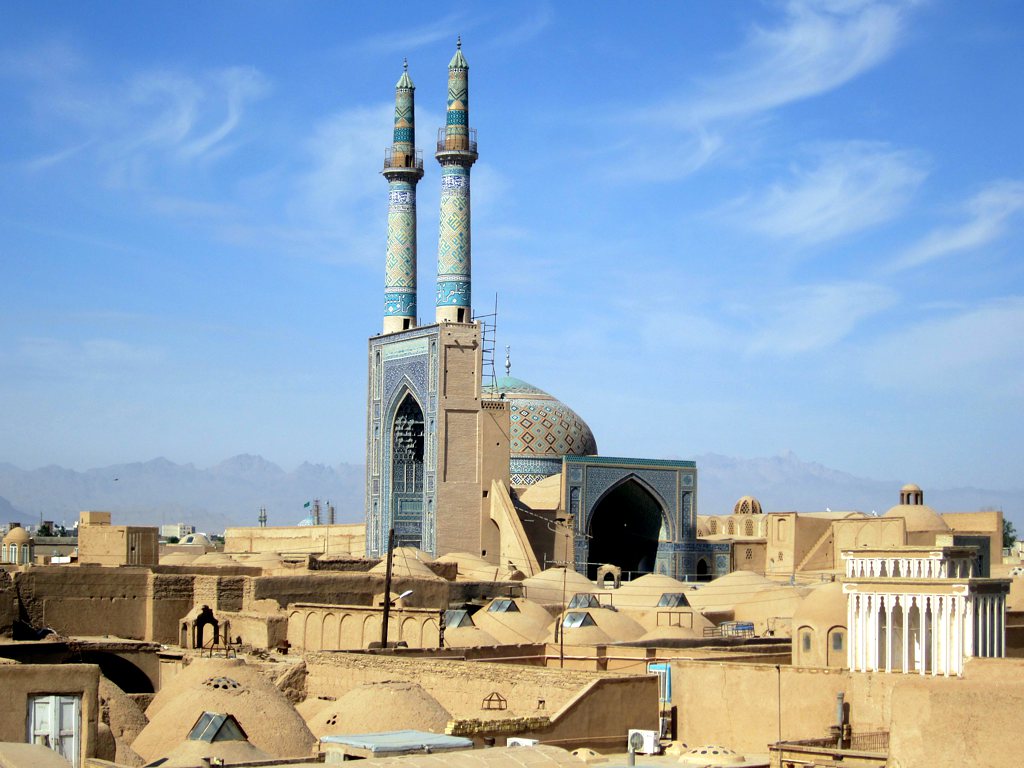
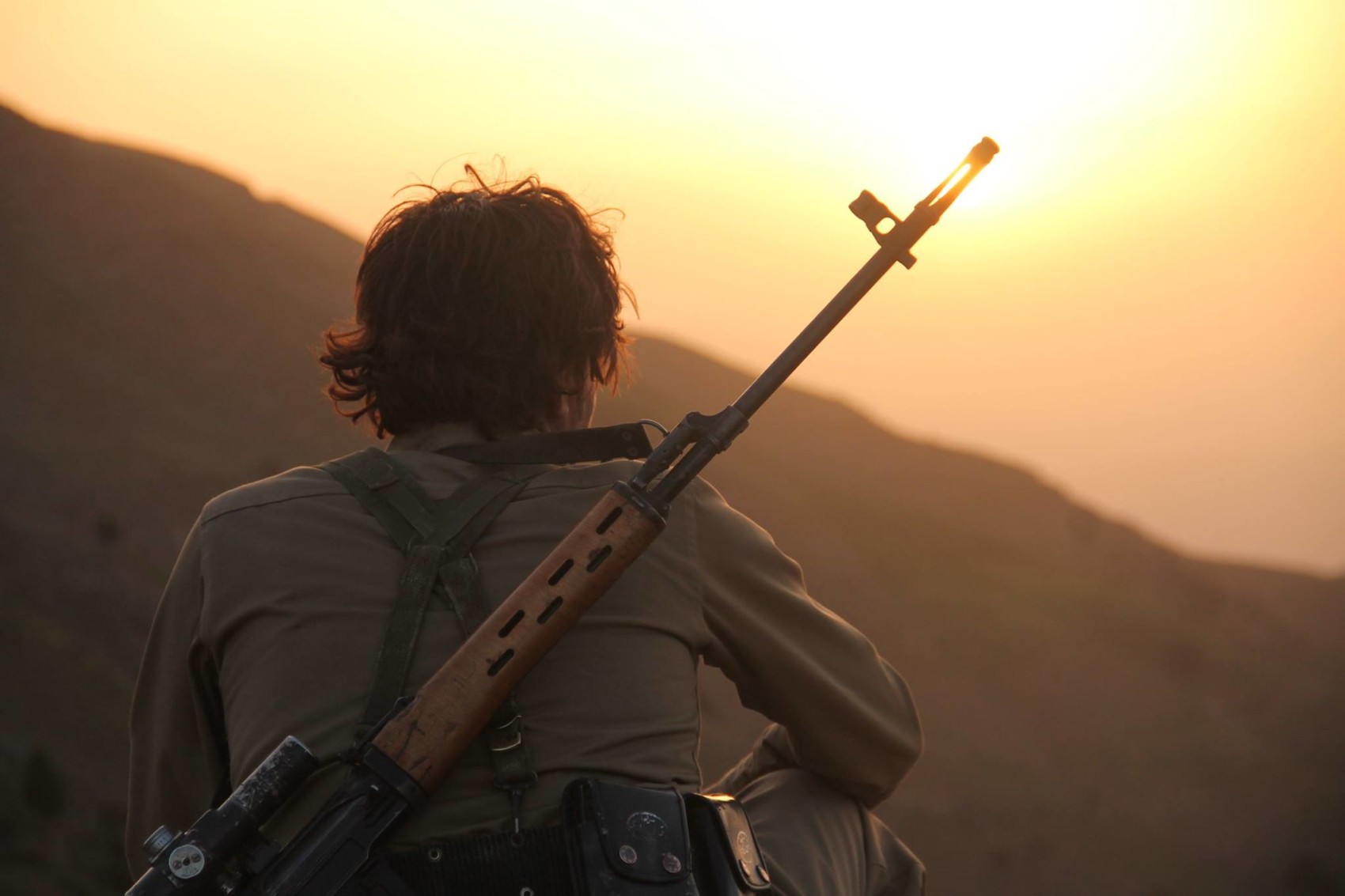
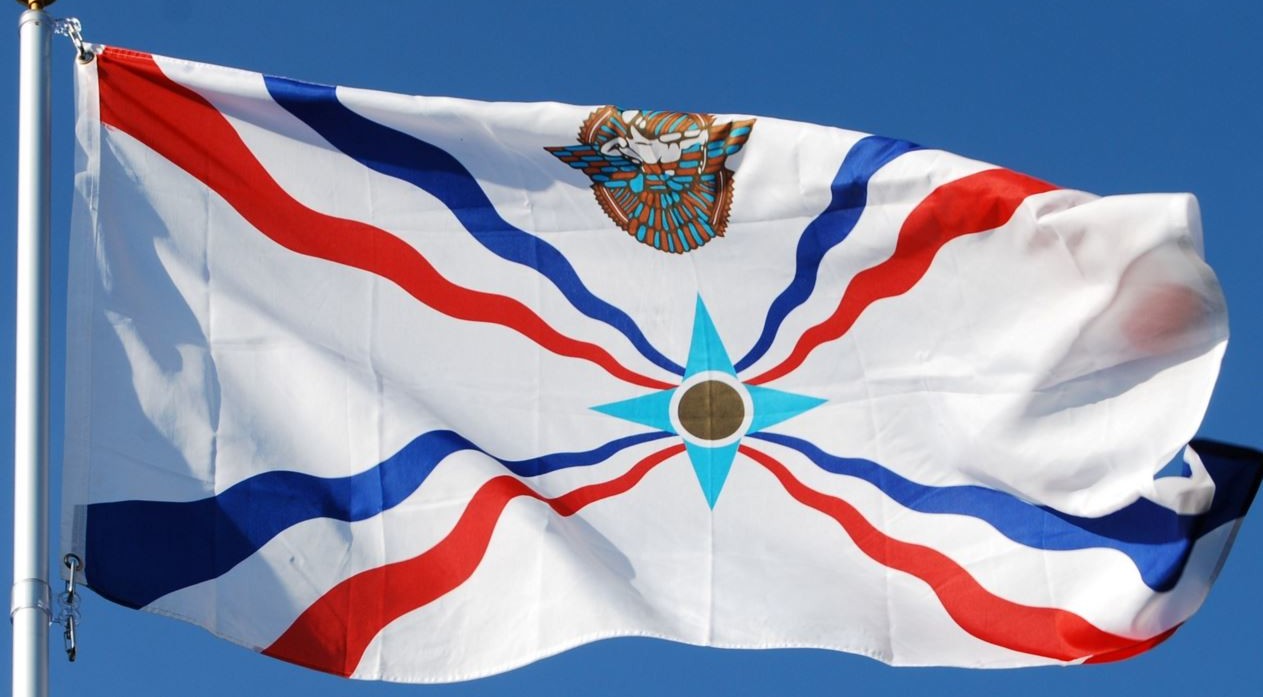
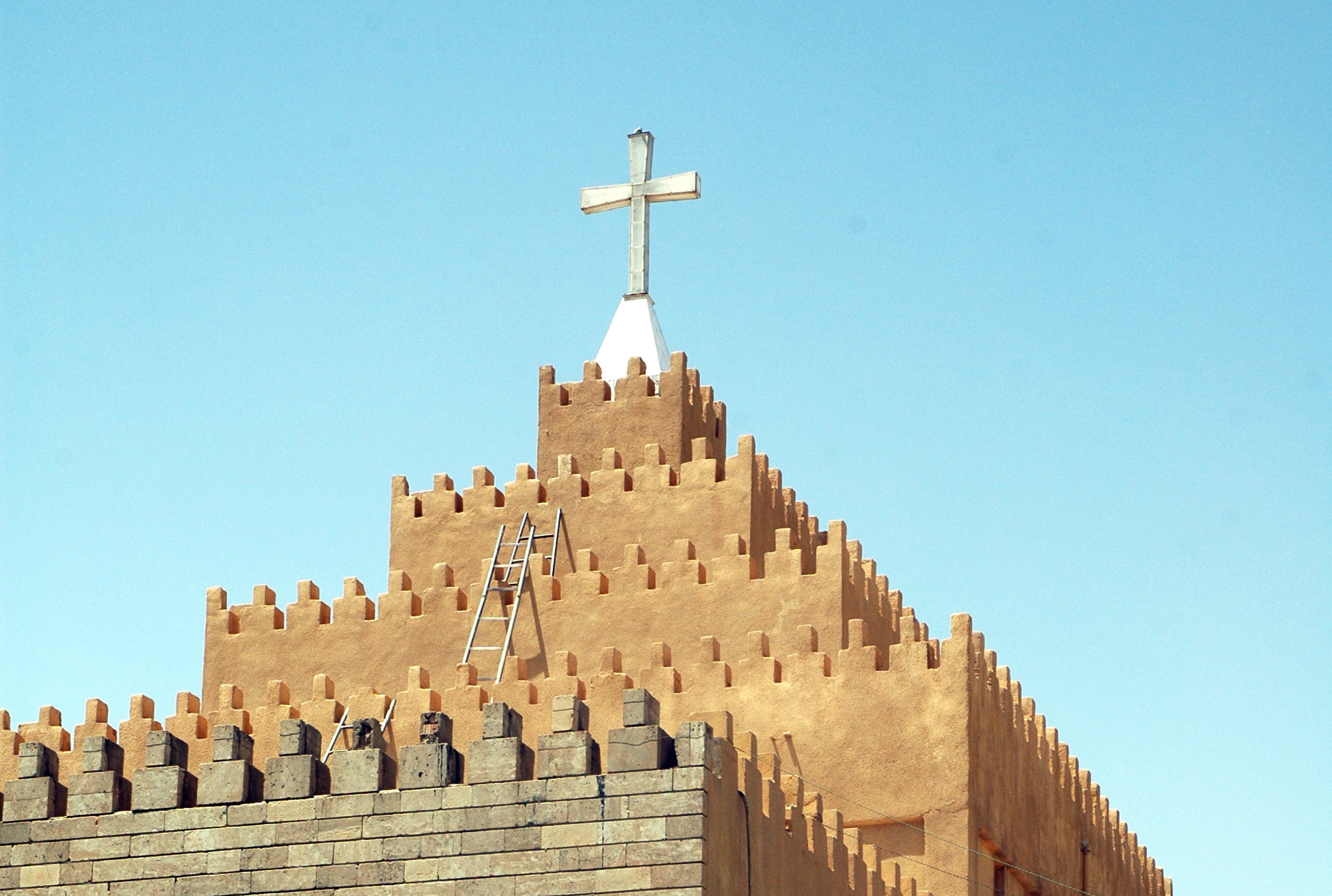
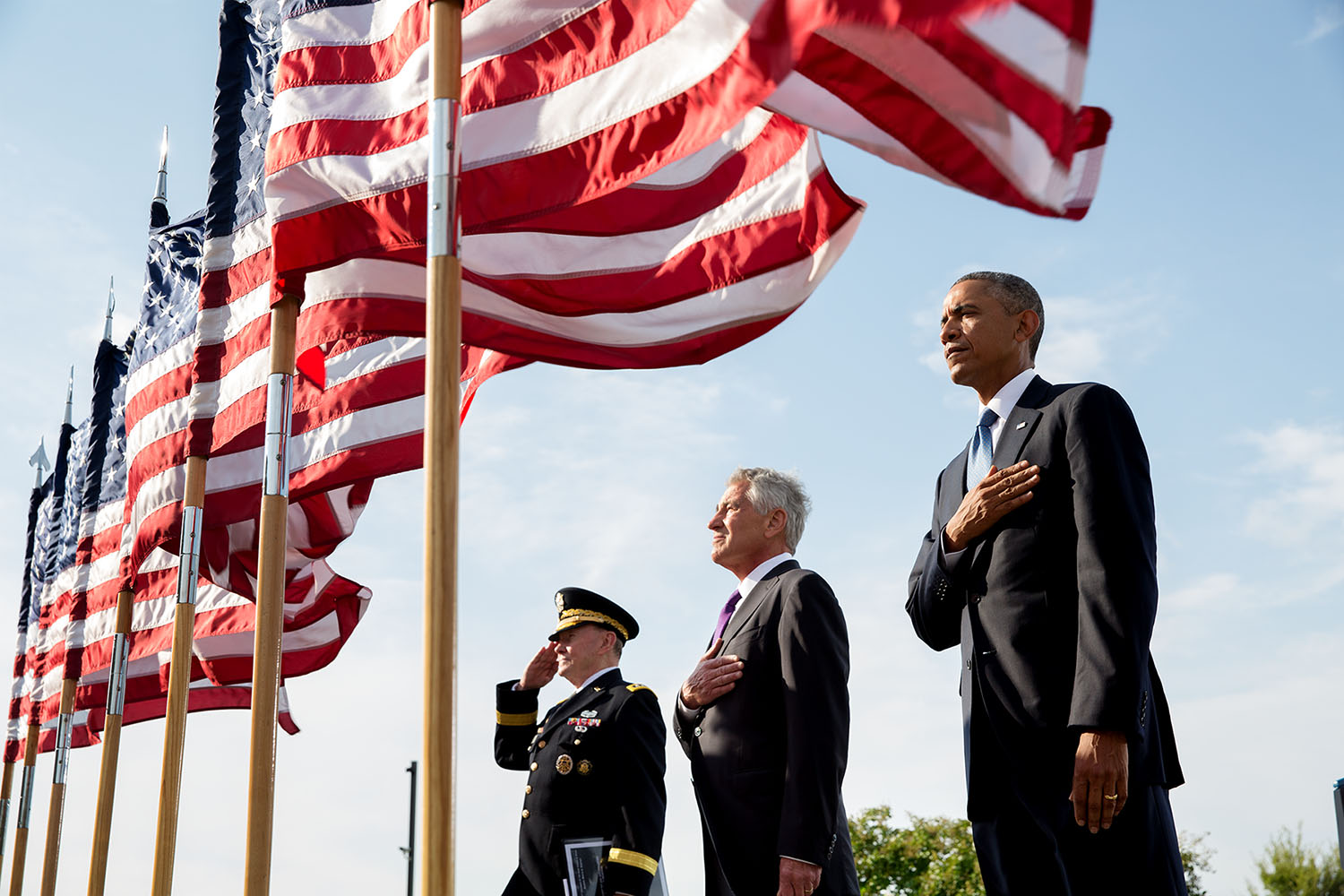
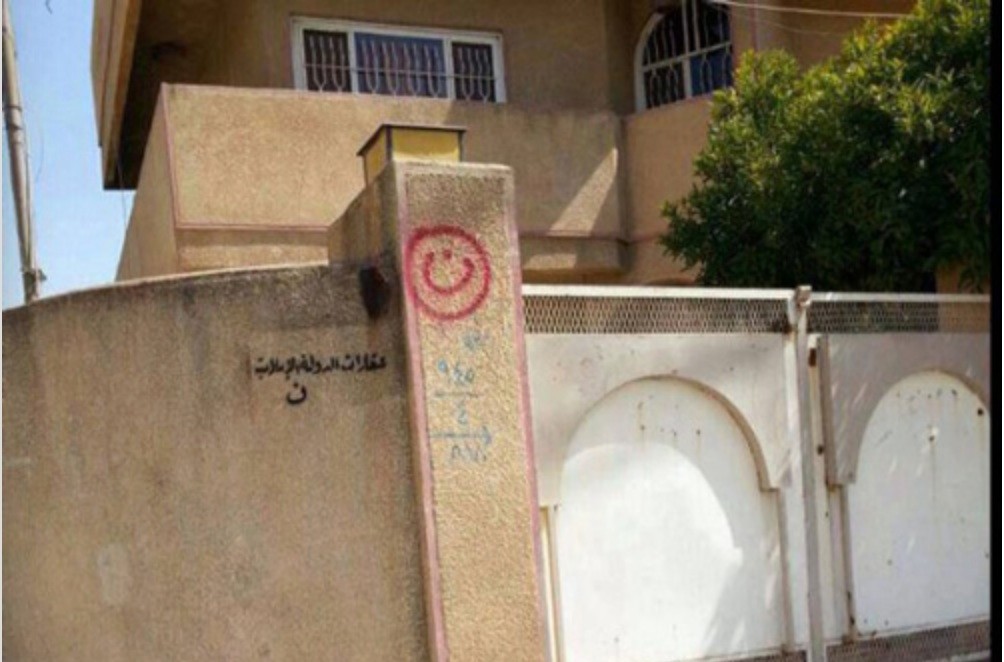
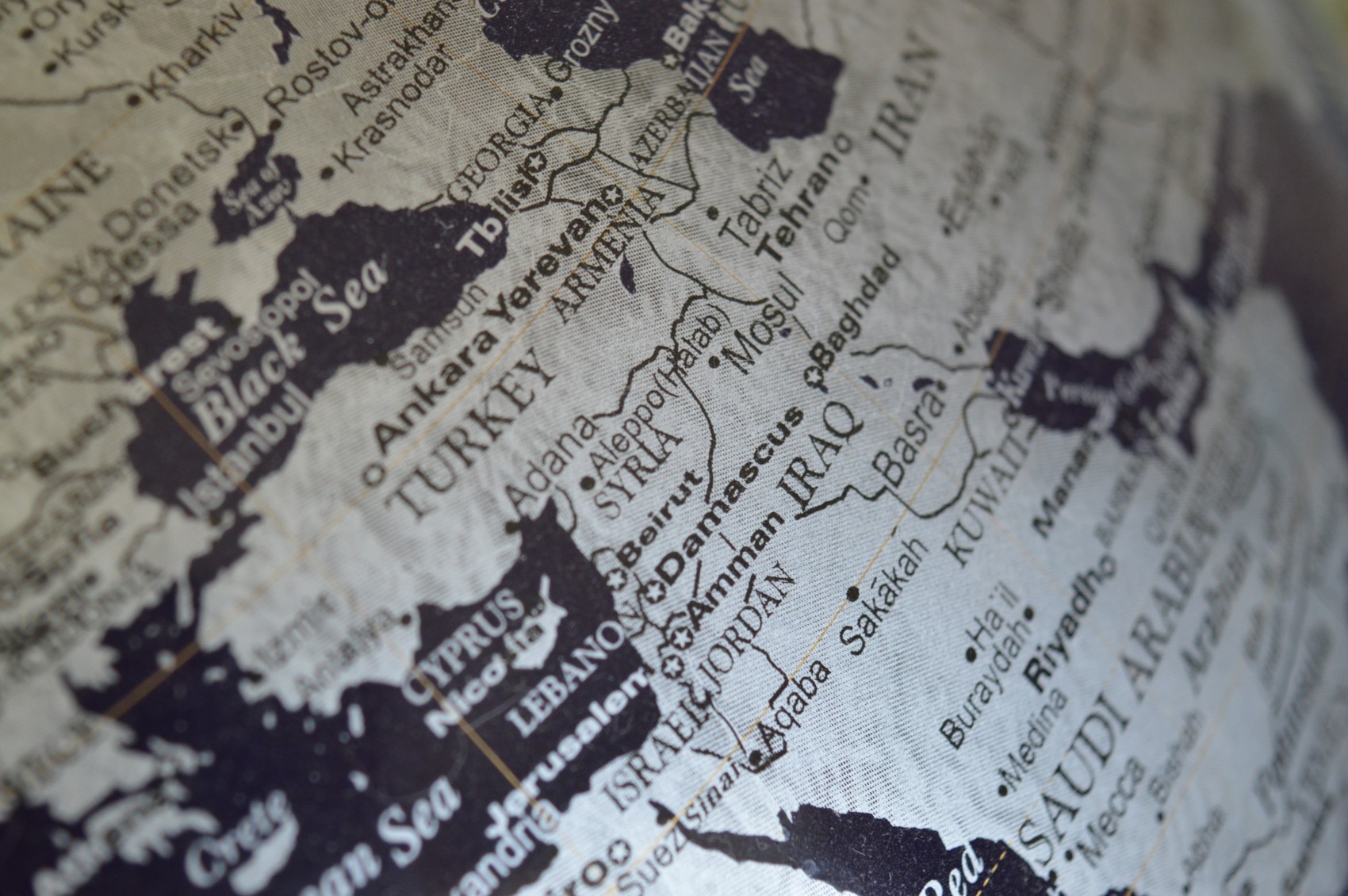
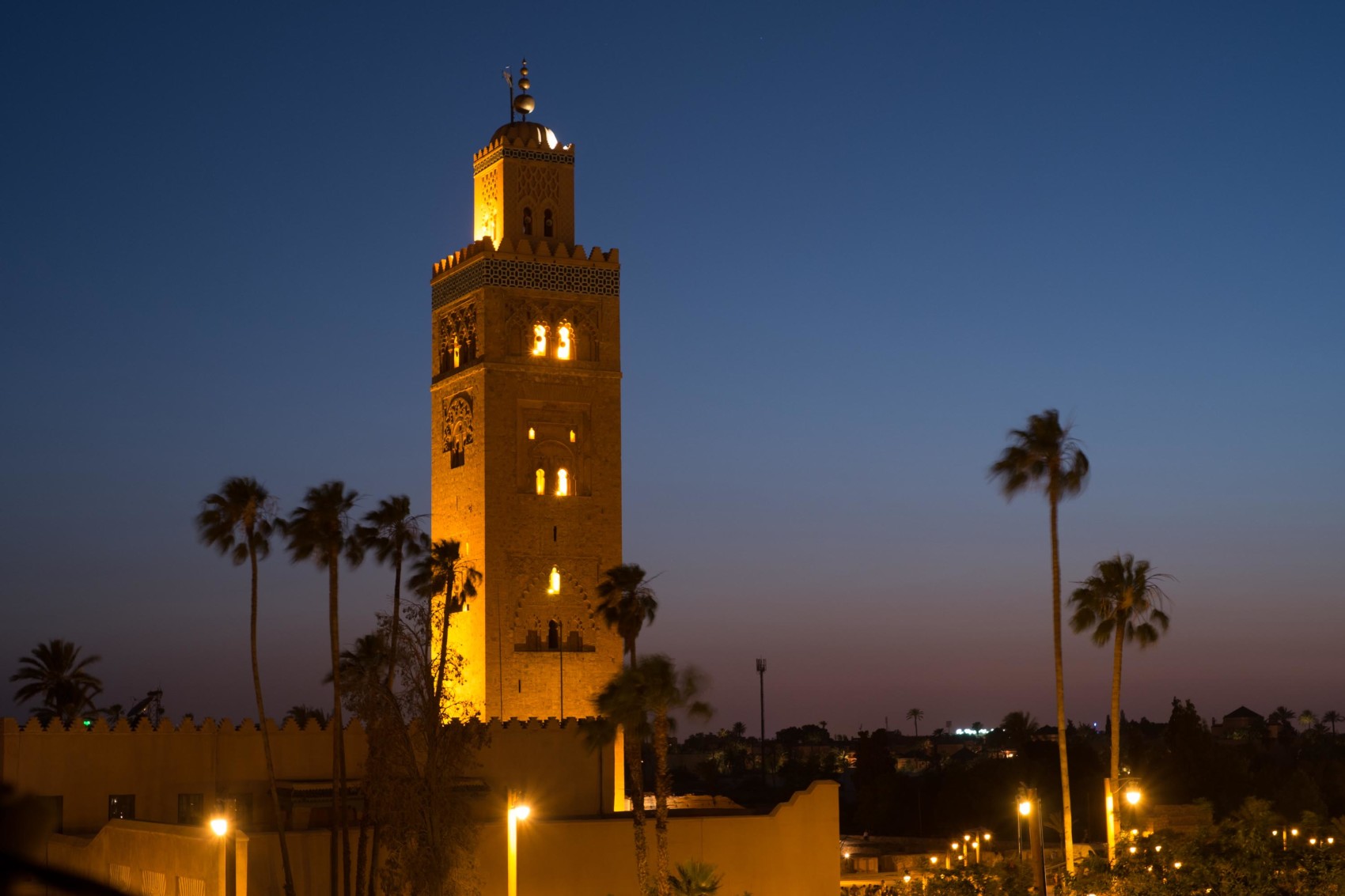
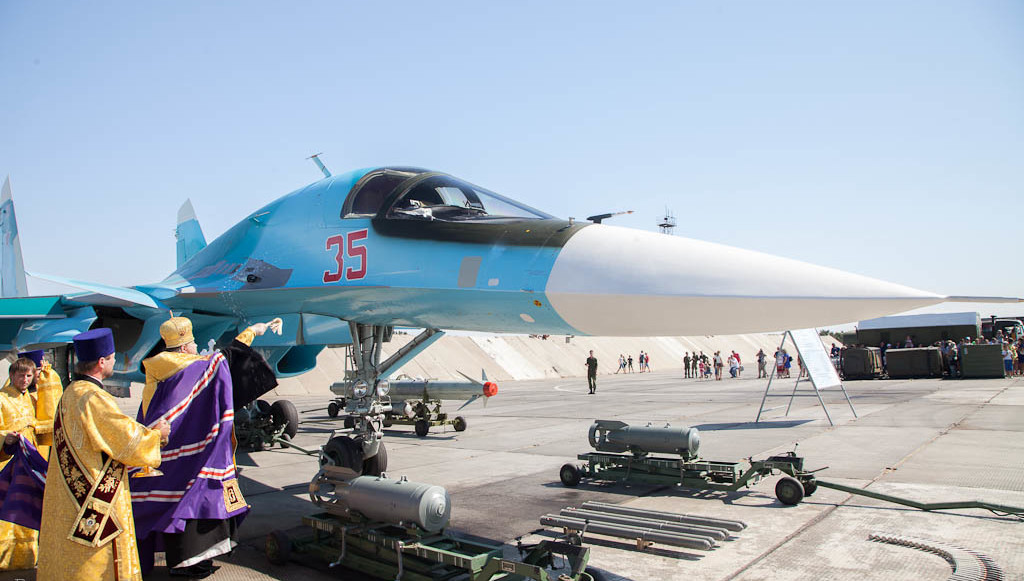

 Sponsor a student for Christianity & National Security 2024
Sponsor a student for Christianity & National Security 2024